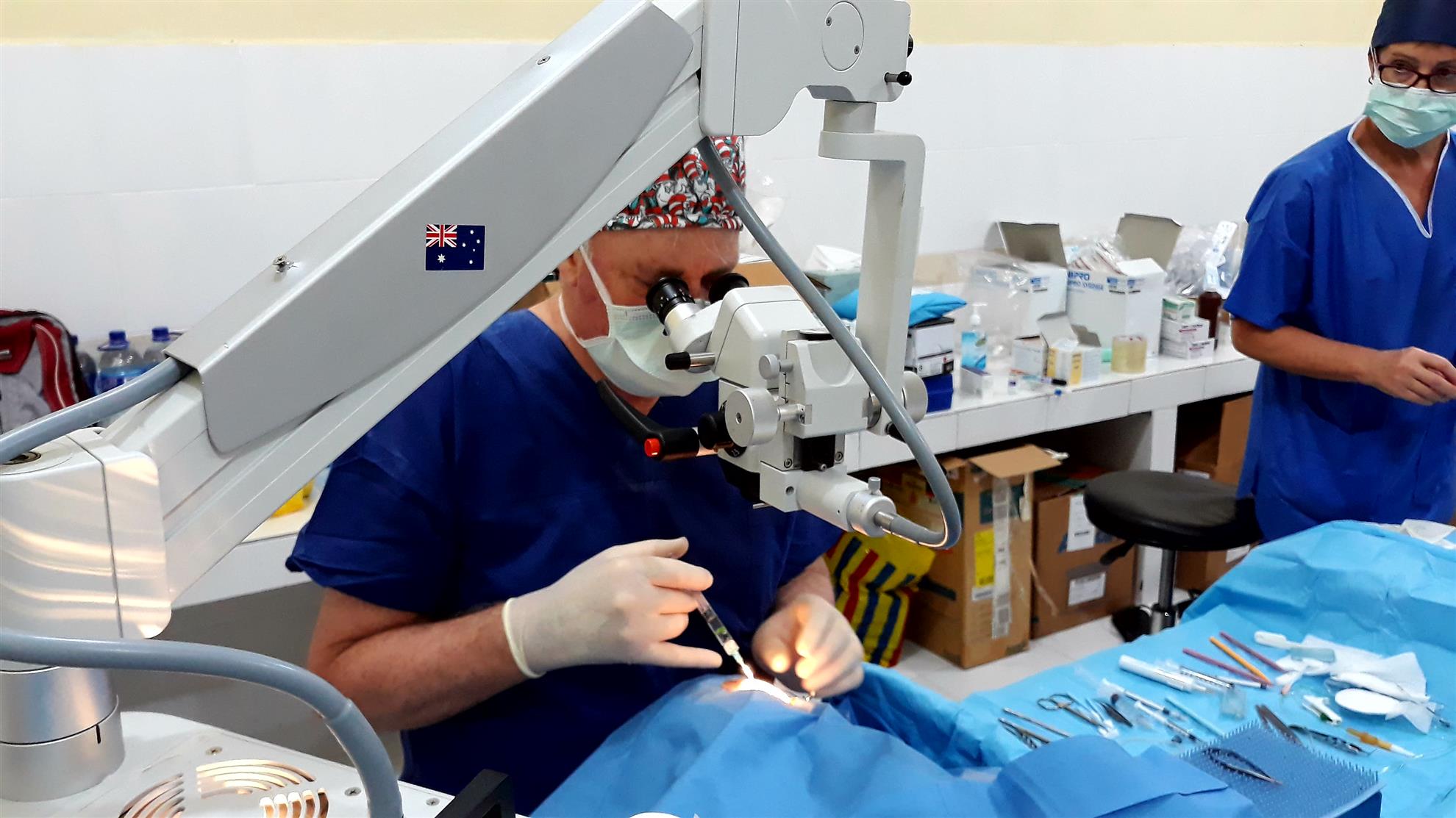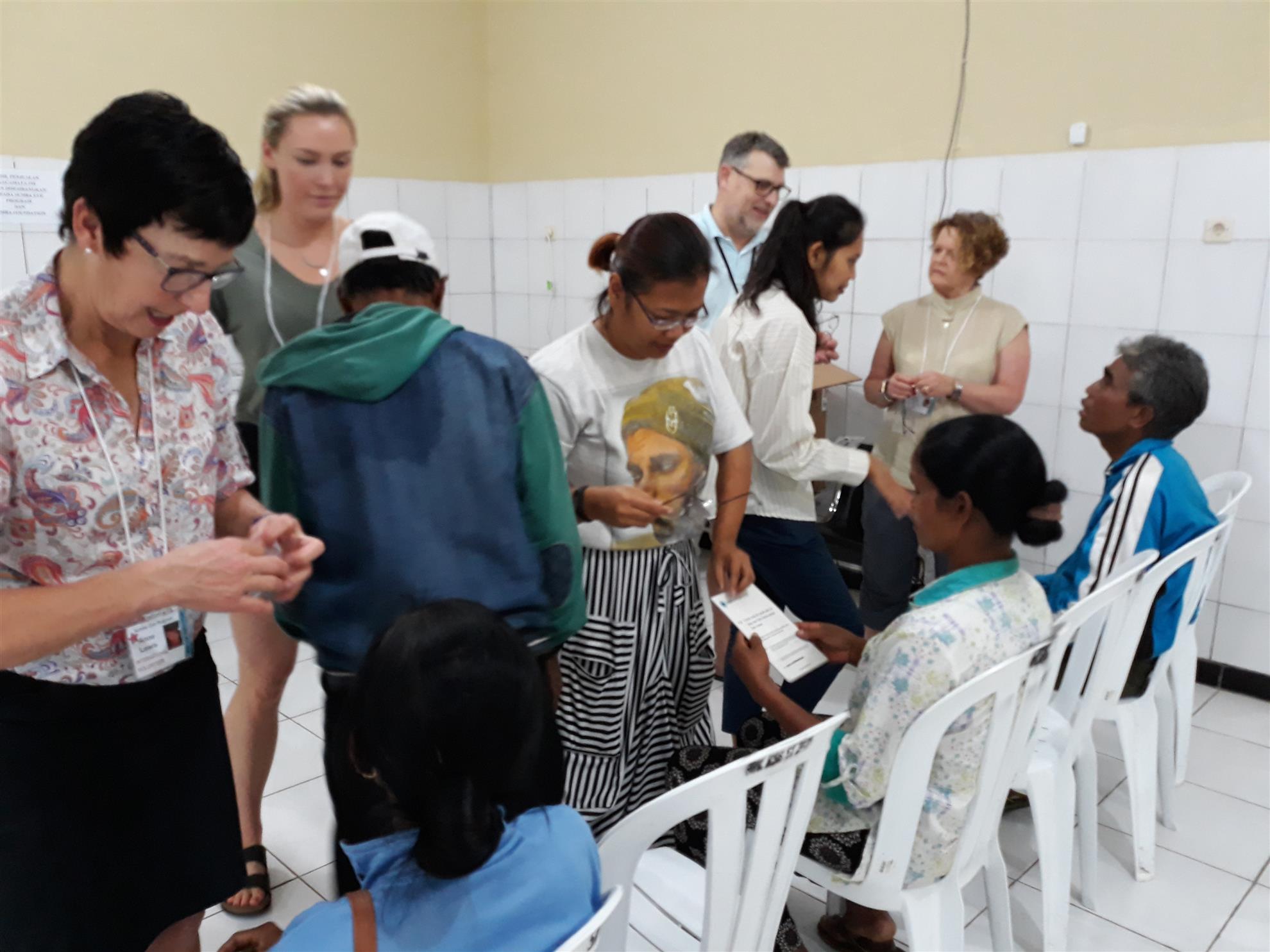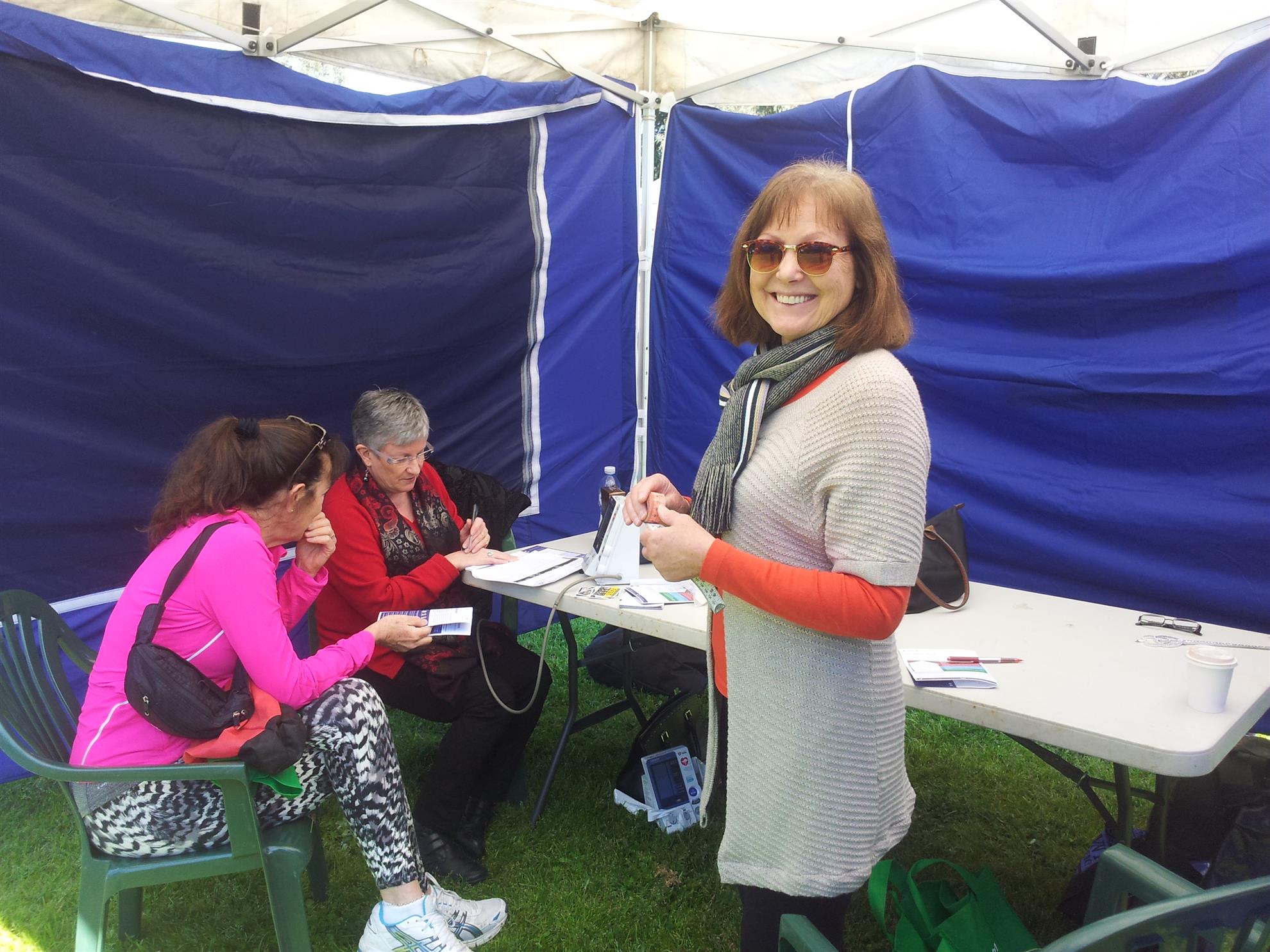
To recognise the worthiness of all useful occupations
Paul Harris wrote: "Each Rotarian is a connecting link between the idealism of Rotary and their trade or profession". Vocational Service may be the least understood of the Rotary Avenues of Service, and yet it is the very foundation of Rotary itself. The introductory statement and three of the four objectives of Rotary relate to Vocational Service, underlining its importance to the philosophy and culture of Rotary.

Those objectives are:
To encourage and foster high ethical standards in business and professions, to recognise the worthiness of all useful occupations, to dignify the Rotarian’s occupation as an opportunity to serve society.
To apply the ideal of service in personal, business and community life.
To advance international understanding and goodwill, and peace through a world fellowship of businessmen and professional men and women united in the ideal of service.
The concept of Vocational Service
The Object of Rotary is a philosophical statement of Rotary’s purpose and the responsibilities of Rotarians. The concept of vocational service is rooted in the Second Object, which  calls on Rotarians to “encourage and foster”:
calls on Rotarians to “encourage and foster”:
 calls on Rotarians to “encourage and foster”:
calls on Rotarians to “encourage and foster”: • High ethical standards in business and professions
• The recognition of the worthiness of all useful occupations
• The dignifying of each Rotarian’s occupation as an opportunity to serve society.
As a Rotarian, how can you put these ideals into action? Consider these suggestions:
• Talk about your vocation in your club, and take time to learn about fellow members’ vocations.
• Use your professional skills to serve a community.
• Practice your profession with integrity, and inspire others to behave ethically through your own words and actions.
• Help a young person achieve his or her career aspirations.
• Guide and encourage others in their professional development. If you do any of these things, you are performing vocational service. And if vocational service motivates and energizes you, then you’re in the right place, because vocational service is the very essence of Rotary. It is what sets Rotary apart from other service organisation.
General Overview:
• promote Vocational programs and activities within the Club,
• provide specialised advice and guidelines on Vocational Service,
• assist the Club President and other Members to manage the affairs of the Club,
• interact with the Club’s Board of Directors and Club Members
Integrity and ethics
Promoting integrity through ethical behaviour is an essential part of what it means to be a Rotarian. Two standards developed by Rotarians — The Four-Way Test and the Rotary Code of Conduct — provide a road map for ethical behaviour in the workplace and other areas of life.
 The Four-Way Test
The Four-Way Test
The Four-Way Test was conceived in 1932 by businessman Herbert J. Taylor, a member of the Rotary Club of Chicago who served as Rotary International President in 1954-55. Having taken on the task of saving a company from bankruptcy, Taylor developed the test as an ethical guide to follow in all business matters. The company’s survival was credited to this simple philosophy.
Adopted by Rotary International in 1934, The Four-Way Test remains an essential standard against which Rotarians measure ethical behaviour. It has been translated into dozens of languages and promoted by Rotarians worldwide.
The 4 Way Test Of the things we think, say or do
1. Is it the TRUTH?
2. Is it FAIR to all concerned?
3. Will it build GOODWILL & BETTER FRIENDSHIPS?
4. Will it be BENEFICIAL to all concerned?
Vocational Service Committee
The committee promotes the value of vocational work and the recognition and application of the 4-Way Test in business and personal life. It aims to stimulate and promote Club Vocational Service Projects and assists the club to develop projects, encourage mentor programs, plan activities for October’s Vocational Service month and encourages the club to present Vocational or Business Excellence Awards.
Working Relationships:
• District Vocational Service Director and committees,

• Club President and Board of Directors,
• Club Vocational Service Committee members,
• Local schools, Chamber of Commerce Groups, Welfare organisations, Employment Groups and Service Clubs.
Specific Duties:
Club
• Review and evaluate existing and previous Vocational Service programs.
• Evaluate and consider establishing new Vocational Service programs.
• Determine Committee/s and appoint Committee members in conjunction with President and Directors.
• Lead the Committee in planning and conducting a comprehensive Vocational Service program.
• Establish goals and priorities, strategies, personnel available, time frames, and budgets for achieving these goals. Summarise this information in the Club Plan.
• Oversee the Committee’s Vocational Service programs and projects to ensure their success.
• Conduct regular meetings of the Vocational Committee to plan activities, allocate responsibilities and monitor progress.
• Implement Risk Management procedures and policies for Vocational Service Projects.
• Attend Club Board Meetings and inform the Board of the progress of Vocational Service programs
• Encourage Club Members to become involved in Vocational Service programs and Projects. 3 Finances
• Ensure that all Vocational Service
 Effective Communications
Effective Communications
• Keep the Club President and Board of Directors up-to-date with the progress of the Club’s Vocational programs.
• Inform Club members of the progress of Vocational Service programs and projects.
• Educate and inspire Club members about Vocational Service programs through guest speakers, regular articles in the Club’s Bulletin and verbal reports at Club meetings.
• Develop, establish and/or maintain communication links with local High Schools, TAFE Colleges and employer groups associated with youth employment schemes, Apprenticeship of the Year awards, Pride of Workmanship awards and other associated Vocational activities.
• Regular communication with the District Vocational Director, including keeping him/her informed about the progress of the Club’s Vocational programs.
With thanks to Rotary District 9650, whose work on this has been plagiarised mercilessly